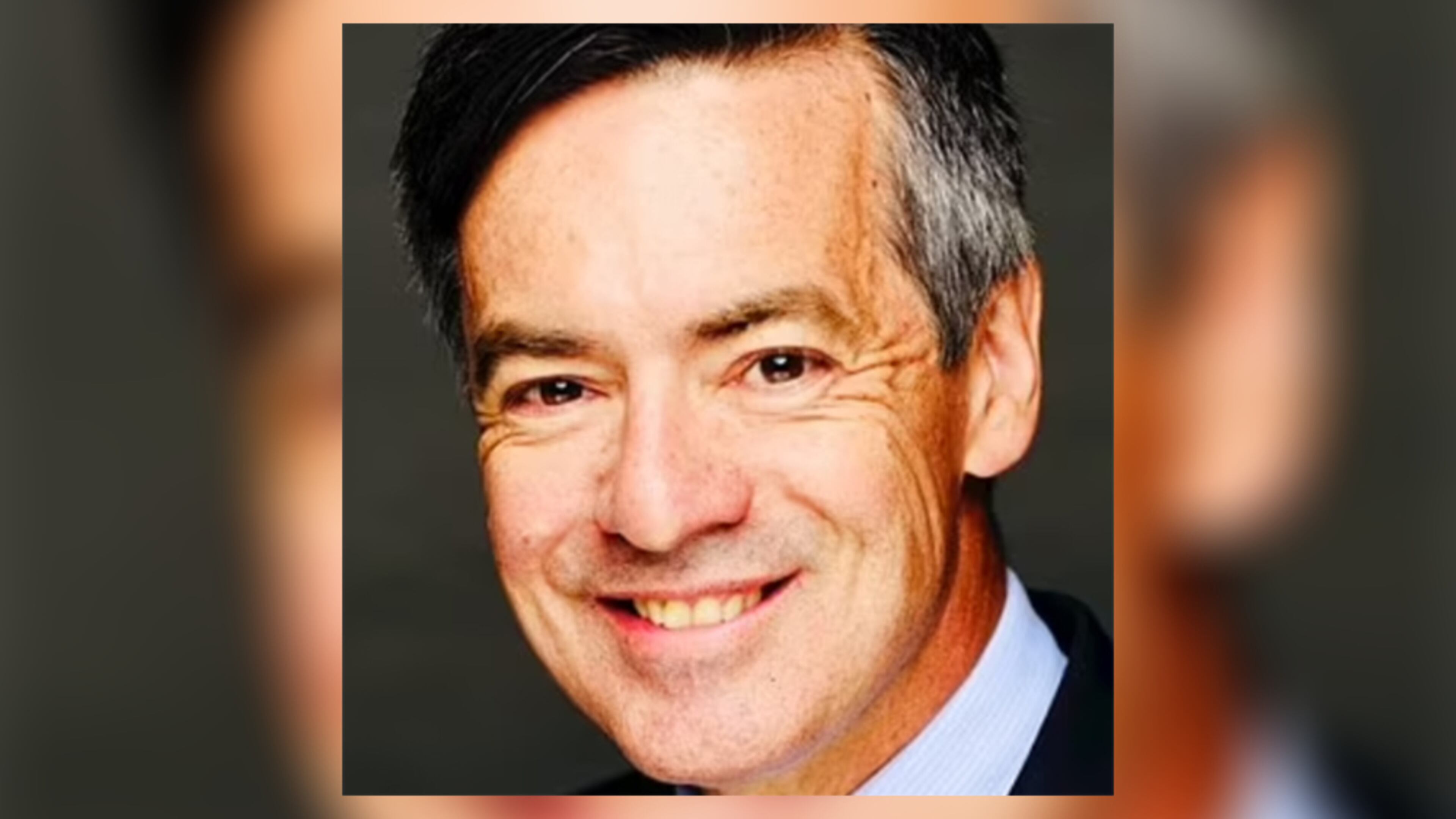Fulton defendant demands speedy trial in Trump election interference case

Lawyers for Kenneth Chesebro on Wednesday filed a motion demanding a speedy trial in the sweeping election interference racketeering prosecution of former President Donald Trump and his allies.
The aggressive filing from Chesebro — the legal equivalent of throwing a bomb into the case — could create a massive headache for Fulton County District Attorney Fani Willis and attorneys for the other 18 defendants in the case. It could force Willis to try Chesebro by the end of December and scuttle her plans to prosecute all 19 defendants together.
“State law, if requested by a defendant, sets a firm time limit in which to have a fair trial,” said attorney Scott Grubman, who is defending Chesebro with attorney Manny Arora. “Mr. Chesebro has given his official notice that he intends to avail himself of that right. Mr. Chesebro maintains his innocence and remains confident as the legal process continues.”
Chesebro, an attorney, worked with the leadership of the Georgia GOP to coordinate a slate of “alternate” Republican electors in December 2020. He is charged with racketeering and other offenses, such as conspiring to commit impersonating a public officer, conspiring to commit forgery in the first degree and conspiring to commit false statements and writings.
Willis has asked for the 19 defendants in the Georgia case to be arraigned the week of Sept. 5. Under Georgia’s speedy trial rules, Chesebro would have to be tried by the end of two terms of court after his arraignment, said Pete Skandalakis, the head of the Prosecuting Attorneys Council of Georgia. Because Fulton has two-month terms of court, with the next one beginning in September, that means Chesebro’s case will likely have to be tried by the end of the year, he said.
But there are other complicating factors. One is that there are three defendants moving to transfer their cases out of Fulton County Superior Court to U.S. District Court in Atlanta, and a number of legal experts say if one defendant is removed the other 18 would follow. And even more defendants, such as Trump, are expected to file similar motions.
Atlanta attorney Andrew Fleischman said there is little court precedent examining how Georgia’s speedy trial rule and the federal removal statute interact.
“There’s no case law,” said Fleischman, a former public defender now at Sessions & Fleischman. “It just sounds messy.”
A spokeswoman for the Fulton DA’s office declined to comment.
Under Georgia law, the speedy trial demand filed by Chesebro applies to all 19 defendants, Danny Porter, the former Gwinnett County district attorney, said.
“It’s a pretty interesting development in terms of dragging all of them along,” Porter said. “It’s put all the other co-defendants in a box. I think the defense lawyers as a whole are pulling their hair out. ... And it puts pressure on the DA, but the DA presumptively has most of her case ready to go.”
Still to be decided: can any of the other 18 defendants move to sever their cases from Chesebro’s if they would rather have more time to prepare for trial? In Trump’s other criminal cases, for example, his lawyers have asked that his trial take place after the 2024 election. Such motions will have to be decided by Superior Court Judge Scott McAfee, who is overseeing the case.
“The judge has the hard job,” said former DeKalb County DA Robert James. “Because the judges have to balance one defendant’s speedy trial rights under Georgia law and the others’ fundamental fairness in when a case should be tried, because they’re not asking for a trial in two terms of court.”
Willis, at her press conference announcing the indictment, said she plans to try all 19 defendants together.
Fleischman said that Willis’ racketeering case rests on proving that there were multiple defendants who were working to advance the interests of a criminal enterprise. If individual defendants are able to sever their cases and have separate trials, the RICO charges become harder to prove, he said.
Not only that, Fleischman added, prosecutors tend to be loathe about showing their case against one defendant before others because it gives defense attorneys extra time to find any weaknesses. “The big disadvantage is that then you’re putting your whole case on the record for the other people to pick apart,” he said.
Defense attorneys typically want as much time as possible to examine the state’s evidence file against their client and to line up expert witnesses. James said Chesebro’s approach may be a legal gamble that prosecutors are not ready to present their case.
“I wouldn’t take that gamble in a high-profile case like this — you’re not trying a case against some junior assistant DA who’s four years out of law school that’s indicted the case and isn’t prepared,” said James, who now owns his own firm. “Ms. Willis is a very seasoned and veteran prosecutor. This isn’t her first rodeo.”




